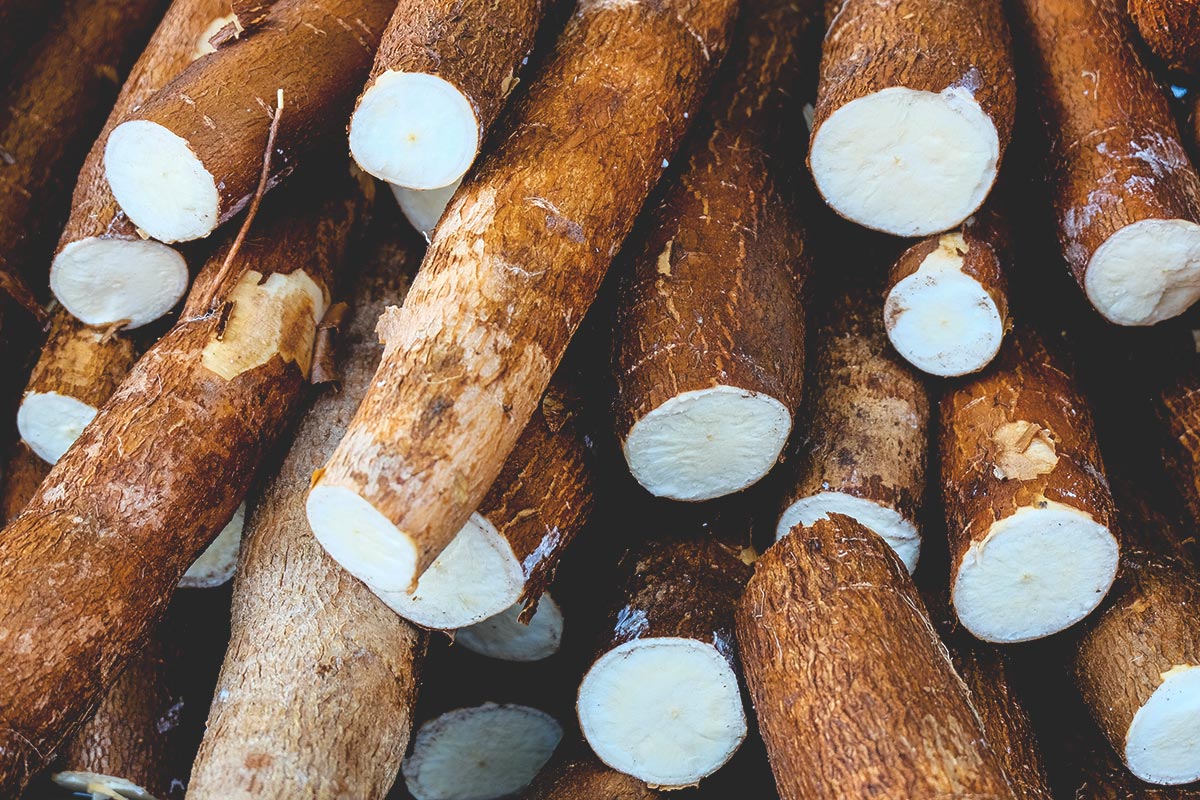Call Anytime
+234 811 666 6111Cassava Cultivation

Cassava (Manihot esculenta) is a crucial tropical root crop that plays a significant role in the economic development of many countries, especially in Africa and Latin America. As one of the most important sources of dietary energy, cassava cultivation impacts various aspects of economic growth, including food security, rural development, and poverty alleviation.
Food Security
Cassava is a staple food for over 800 million people worldwide, providing a reliable source of carbohydrates. Its adaptability to different climatic conditions and resistance to drought make it an ideal crop for ensuring food security in regions prone to adverse weather conditions. In Nigeria, the world's largest producer of cassava, the crop is essential for meeting the dietary needs of the population and reducing dependency on imported food staples
Rural Development and Poverty Alleviation
Cassava cultivation is predominantly practiced by smallholder farmers, many of whom rely on it for their livelihoods. The crop's ability to grow in poor soils with minimal inputs makes it accessible to resource-constrained farmers. The income generated from cassava farming helps improve the standard of living for rural households, contributing to poverty reduction and rural development. According to the FAO, cassava is a key crop for promoting rural development and economic growth in many developing countries
Economic Contribution
The cassava industry supports various economic activities, including farming, processing, and marketing. Cassava is processed into numerous products such as flour, starch, and animal feed, creating value-added opportunities and enhancing the agricultural value chain. In peri-urban areas of Nigeria, cassava-based farming systems contribute significantly to the local economy by providing food and raw materials for industries
Technological Advancements
Innovations in cassava breeding and cultivation practices have improved crop yields and resilience. The development of disease-resistant and high-yielding cassava varieties has increased productivity and ensured more stable food supplies. The use of advanced technologies in cassava farming also enhances efficiency and profitability, further boosting the economic impact of the crop
Conclusion
Cassava cultivation is integral to economic development, particularly in regions where agriculture is a major economic driver. By ensuring food security, supporting rural development, generating income, and fostering industrial growth, cassava plays a vital role in the socio-economic advancement of many developing countries. Its continued cultivation and technological improvement will likely further enhance its contribution to global economic development.

0 comment